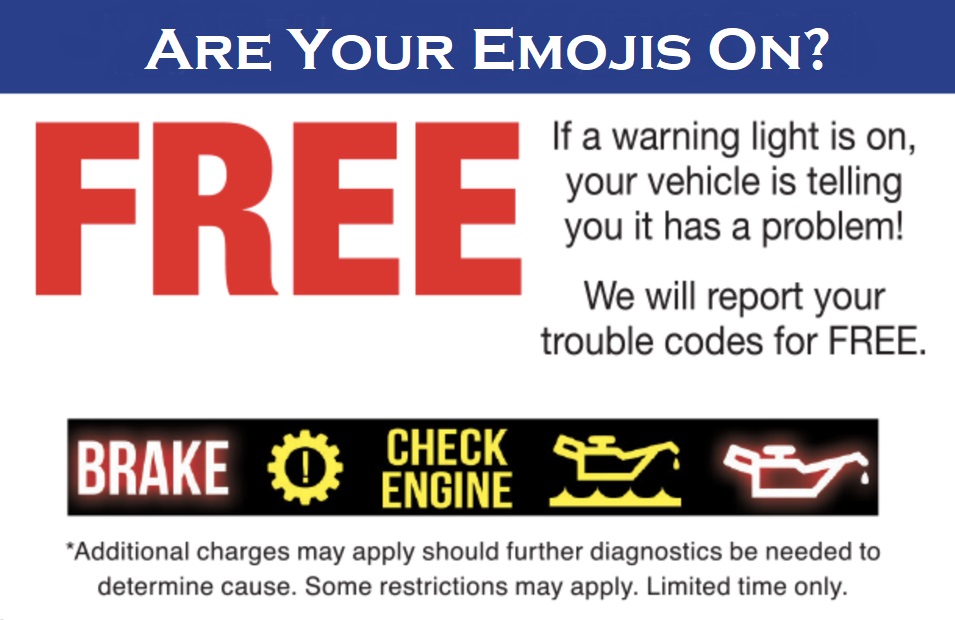What You Need to Know About Engine Tune-Ups
December 28, 2017 3:13 pm Leave your thoughtsIn order to keep your car’s engine running as smoothly as possible, you know that you need to take it in for routine maintenance. You’ve also probably heard that you should take your car in for a “tune-up.” You may think you need a tune-up when you start to notice your car isn’t driving the same way it used to. Poor gas mileage, trouble starting, stalling or other issues will require regular car maintenance to rectify the problem.
However, today’s engine tune-ups are different from what they used to be with older cars. Today, the term is largely used to refer to car maintenance in Chino Hills, CA that helps the engine run better.
What’s included in an engine tune-up?
Every mechanic will do an engine tune-up a little differently, but the majority of these things are commonly checked and replaced during the process:
- Spark plugs: The spark plugs wear down every time they fire in your engine, which cause them to degrade over time. These will be checked and replaced, if necessary.
- Battery voltage: Your battery voltage will be checked to ensure the battery is in good condition.
- Exhaust emission: The mechanic will check your exhaust emission levels and ensure they comply with local standards.
- Engine computer: The engine computer should be tested for fault codes to ensure nothing is wrong with the engine.
- Engine vacuum: The engine vacuum should be checked to detect air leaks as well as any exhaust restrictions.
- Idle speed: Your idle speed can’t usually be altered in today’s vehicles, but it should be checked to make sure it is correct.
- Hoses and belts: The mechanic should visually inspect all the hoses and belts under the hood and check for leaks and any problems.
- Fluid levels: All fluid levels should be checked, including oil coolant, automatic transmission fluid, power steering fluid and brake fluid.
- Filters: The air and fuel filters should be checked and replaced, as well as the PCV valve.
- Fuel injectors: The fuel injectors and intake system will be cleaned and checked for any blockages.
Benefits of engine tune-ups
While old-style tune-ups maintained engine efficiency and reset idle speed and other settings, today’s tune-ups are mainly for efficiency and longevity’s sake. Getting a routine tune-up will increase the overall efficiency of your engine by maximizing gas mileage and engine power. It can also help extend the lifespan of your vehicle.
A tune-up will also help mechanics identify and maintain other aspects of your vehicle besides the engine, since many other parts are inspected and replaced. Your car tune-up can act as a one-stop shop for a replacement of degraded parts, helping you save on costly repairs down the road.
How often do you need a tune-up?
Some manufacturers recommend you get a tune-up every 100,000 miles, while others say every 30,000 miles. The schedule will ultimately depend on the make, model and mileage of your car.
If you notice a decline in the efficiency, power and overall functionality of your engine, you could probably could use a tune-up. Remember, routine car maintenance in Chino Hills, CA is necessary to preserve the life of your vehicle and save you money on repairs.
If you need car maintenance in Chino Hills, CA, visit Gabriel’s Automotive & Towing! For over 25 years, we’ve provided clients with full-service automobile maintenance and repair services at affordable prices. Visit us today!
Categorised in: Car Maintenance
This post was written by Writer

